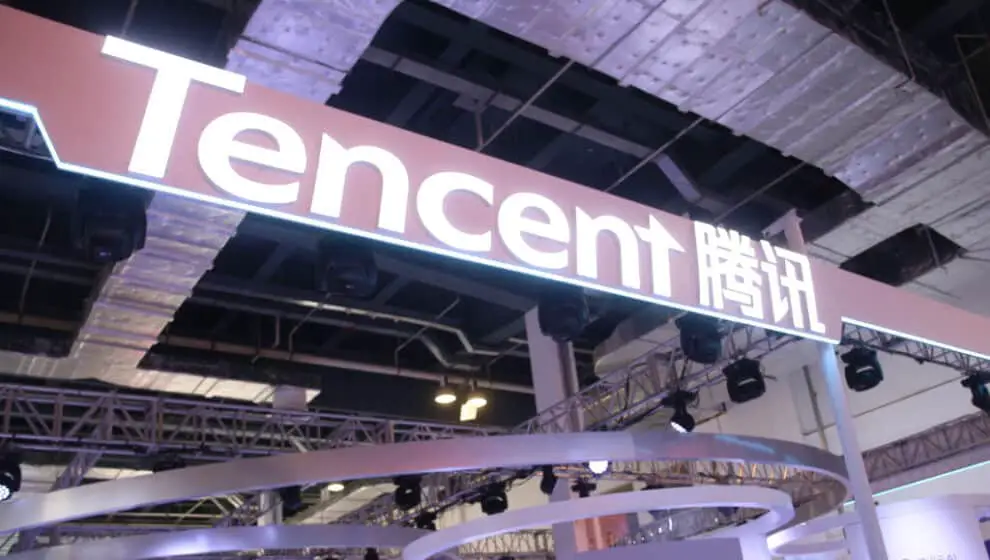Tencent, the largest video-game maker in the world, has announced that it is making changes to its extended-reality division personnel.
Key Details
- Tencent Holdings shared that the Chinese-based tech company would be making changes to its staff. Tencent’s announcement came after other Chinese media reports said the company would lay off staff in its “extended reality” (XR) division.
- Nearly 300 staff members were reportedly told they would have two months to find alternative employment, either within or outside the company, as the XR unit will be dissolved, Reuters reports.
- However, Tencent says these claims were untrue and that the company was merely adjusting personnel positions as some developmental plans had changed, Reuters reports.
Why it’s news
Tencent’s XR unit is relatively new to the company. The XR division is intended to include both software and hardware products as the company continues to develop virtual worlds in the metaverse.
The company’s venture into hardware is unusual for Tencent as it typically develops software like games and social media apps.
XR is part of the immersive technology Tencent is building as part of the metaverse. Some considered immersive technology like virtual reality and augmented reality, which are parts of the XR unit, to be foundational to developing the metaverse.
Backing up a bit
Big Tech is still suffering as giants Microsoft and Amazon announce layoffs. At the beginning of the year, Amazon announced its largest-ever round of company layoffs. Around 18,000 workers in the global company will be released.
Fellow tech company Microsoft announced this week that it would be laying off approximately 10,000 employees. Microsoft will be reducing staff in both the human resources and engineering departments.
Amazon is dealing with slowing sales following rapid growth during the pandemic. The online retailer expanded rapidly during the pandemic but now seems to be struggling to maintain the massive infrastructure.
Analysts have been critical of Meta Platforms, Facebook’s parent company, for investing heavily in the metaverse, much to the detriment of its revenue numbers. The company stock fell more than 20% due to weak performance by metaverse products.

